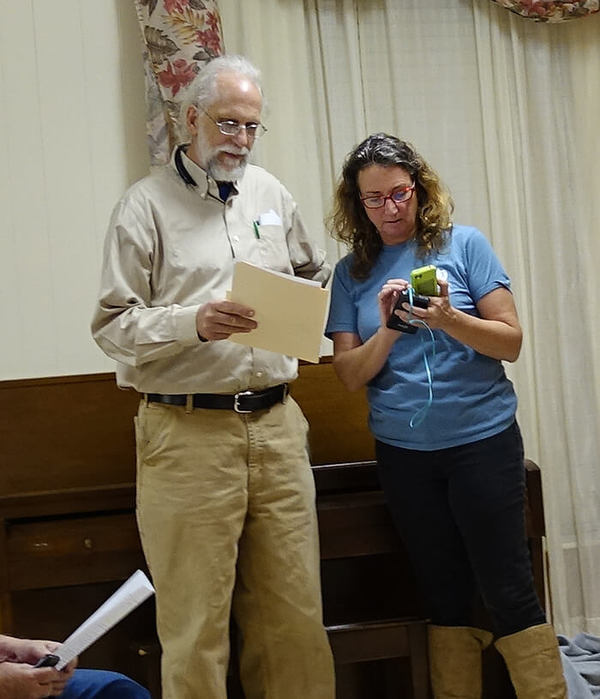WWALS Science Committee Chair Dr. Tom Potter notes, “Finally EPA has recognized the risks of sludge application to farmland.”
Sewage sludge as fertlizer is a widespread problem in Florida.
https://wwals.net/?p=61560
These forever chemicals as in our rivers in Georgia and Florida. They collect in fish, including in the Alapaha River.
Waterkeeper Alliance encourages Waterkeeper groups to participate in the public comment period, which must be received on or before March 17. Individuals and other groups can also comment.
![[U.S. EPA recognizes sewage sludge on farmland among human health risk of PFOA and PFOS forever chemicals 2025-01-14]](https://www.wwals.net/pictures/2025-01-14--us-epa-pfoa-risk/fbmany.jpg)
U.S. EPA recognizes sewage sludge on farmland among human health risk of PFOA and PFOS forever chemicals 2025-01-14
See EPA on Draft Sewage Sludge Risk Assessment for Perfluorooctanoic Acid (PFOA) and Perfluorooctane Sulfonic Acid (PFOS) and https://www.Regulations.gov, EPA-HQ-OW-2024-0504; FRL 12451-01-OW. Continue reading

![[Suwannee Riverkeeper wants you! Photo: Shirley Kokidko, Alapahoochee River 2022-07-09]](https://www.wwals.net/pictures/2023-05-14--suwrk-wants-you/square-suwrk.jpg)
![[Veto fertilizer ban preemption]](https://www.wwals.net/pictures/2023-05-13--veto-fertilizer-preemption/2023-05-13--veto-fertilizer-preemption.jpg)
![[Sewage sludge in Florida --WLRN 2023-06-02]](https://www.wwals.net/pictures/2023-03-30--pfas-sludge/2023-06-02--wlrn-sewage-sludge-florida.jpg)
![[Question and three Gates expressions]](https://www.wwals.net/pictures/2022-09-13--msnbc-gates/many.jpg)
![[Map, Letter]](https://www.wwals.net/pictures/2021-09-27--wwals-epa-pfas-tsca-rulemaking/many.jpg)
![[John Quarterman stands by the Withlacoochee River in Georgia. Matt Odom / for NBC News]](https://www.wwals.net/pictures/2021-06-08--gates-algae-nbc/210604-john-quarterman-mn-1635.jpg)

![[The catch]](https://www.wwals.net/pictures/2019-03-10--onemile-branch-cleanup/20190310_143954.jpg)
![[Announce]](https://www.wwals.net/pictures/2020-02-14--wkfl-preemption-resolution/20200207_143311.jpg)